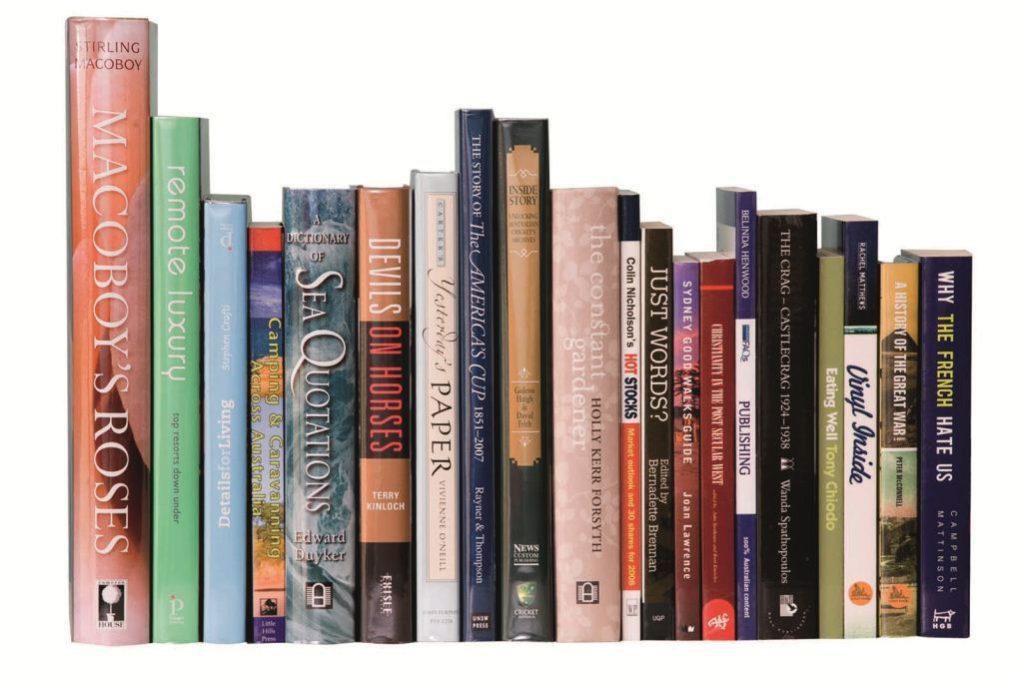Ghana Must Go
by Taiye Selasi

Afropolitan Taiye Selasi has a way with words, not words themselves, but their emotional coloring when they are woven into syntax. Her vowels shape into afternoon orange, her consonants thread into hues of an exposed heart, wounded pale pink. Memory, with all its good and all its regret, is the main theme of Selasi’s delicately modulated book. Ghana Must Go is beautifully convincing in its flashbacks and forward-thinking dialogue – the romance and rot of the West combine when seen through the eyes of uprooted immigrants. America is noisy, angular and assuming. But gradually it is muted as Selasi’s characters come into the foreground. In essence, this is a consciousness novel, yet the shadow of immigrant insecurity hovers over it. When one of Selasi’s protagonists looks back at “a world that considered her irrelevant with a look that said she considered the world irrelevant, too”, we understand the baggage. It is a collective past; Selasi carries the history of Africa in her lyrical, yearning prose.
The Shining Girls
by Lauren Beukes

Winner of science fiction’s prestigious Arthur C Clarke award, Lauren Beukes is probably one of the continent’s best genre writers. The Shining Girls, her third novel, is a thriller about a time-travelling serial killer. It transcends the simulated thriller style, however, because Beukes finds a way to express the realism underneath the murder and sci-fi. At its most basic level, the excitement of the story is in how creative Beukes’s writing can be. Her descriptions and rhythms, the expletives, the improvised twists and turns make The Shinning Girls an authentic global novel, in a way that allows us to realize just how much writing is an art.
Endings And Beginnings
by Redi Tlhabi
Redi Tlhabi has an extraordinary gift for jotting down personal truths that read like arias. In her quasi-autobiography, Endings and Beginnings, she relates scenes from her childhood that sing from the heart. Tlhabi’s story of her youth and befriending a local gangster, Mabegzo, a 20-something murderer and rapist, is miraculously unfussy. She tells it, not from an embarrassed corner, but out in the open, with none of the flourishes that tend to bog down South African writers of the new millennium. By purifying Mabegzo of stereotype, she brings his character a unification of soul. Their relationship feels so real in its brokenness, their characters so close, that we dare not take our eyes off the page.
Loading...
We Need New Names
by NoViolet Bulawayo
NoViolet Bulawayo’s freshness, her sense of ideological ingenuity and her innate understanding of the corruption of Africa’s innocence, gives her debut novel a unique radiance. Her sentences are emotionally strenuous: “leaving their umbilical cords underneath the soil, leaving the bones of their ancestors in the earth, leaving everything that makes them who and what they are, leaving because it is no longer possible to stay”. And they place her firmly among irresistibly visceral writers such as Chimamanda Ngozi Adichie. Bulawayo’s thoughts are open to the reader, yet she seems unconcerned by our needs. Like a cat, she is working out her own catharsis. The immigration/refugee question pervades all African writers in one way or another, but the Zimbabwean writer re-conceives the issue by relating it from millennial eyes. One of her protagonists is pre-teen Chipo, raped and pregnant. She is no pan-Africanist lioness. She is innocent, yet subtly unprincipled, overtly conscientious and shallow, yet wise. Bulawayo’s narrative pits readers as naïve outsiders who are no match for the nightmares and hopes that encapsulate this continent. We Need New Names was shortlisted for the 2013 MAN Booker Award, one of the world’s most prestigious literary prizes.

Sister-Sister
by Rachel Zadok
Sometimes writing needs come from a place of improvisation instead of consciousness. Rachel Zadok reads not like a writer, but like an instin-ctive storyteller. Her second novel, Sister-Sister, unfurls like an intriguing journey of self-discovery. It relates the story of twin sisters, Sindi and Thuli, who are forced to leave their village and return to their mother’s home, a place of hostility, fear and dark superstition. The narrative sounds simple, yet it is dreamlike and impromptu; it lets loose the subliminal. That is what makes Zadok’s book such a surreal series of surprises. Here is a writer who feels free enough to reach into herself, who listens to her inner voice and who understands the mystery of what it means to be characteristically South African.
Kabu Kabu
by Nnedi Okorafor

At first Kabu Kabu, which takes its title from the name given to Nigeria’s illegal taxis, plods along easily, but it quickly becomes about the fantastic and the mystical that sit snugly in the recesses of reality. Nnedi Okorafor is an acclaimed Nigerian fantasy and sci-fi author. This, her debut short story collection, is difficult to get out of your system. Be warned: her pseudo-folktales, which are simultaneously fantastical, sensual and emotionally violent, are likely to upset some readers.
Loading...
